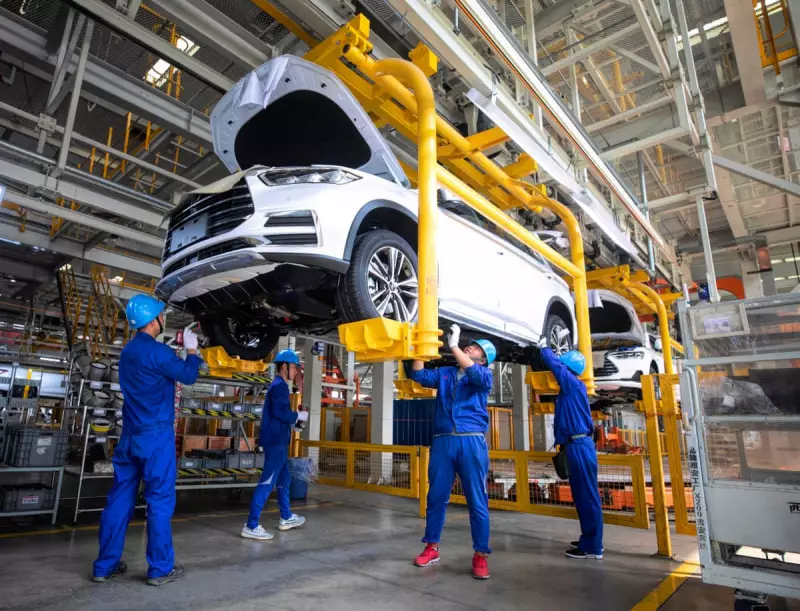
China has launched a fierce diplomatic broadside against Mexico, accusing its government of acting under "external coercion" after it suddenly imposed a staggering 50% tariff on cars imported from China.
The explosive allegation, made by Beijing's commerce ministry on Thursday, suggests that the drastic new trade barrier is not Mexico's own decision but rather a move orchestrated by a third party—a thinly veiled reference to pressure from the United States.
A Sudden Escalation in Trade Tensions
The move marks a dramatic escalation in global trade tensions, directly impacting a flourishing commercial relationship. China is a major exporter of vehicles, particularly electric and hybrid models, to Mexico, with trade values soaring into the billions.
Mexican officials have defended the tariff, citing the need to protect its domestic auto industry and national market from a potential "flood of imports." However, Beijing's forceful response indicates it views the policy as an unfair and politically motivated attack, designed to constrain China's economic reach.
Geopolitics at Play
Analysts suggest the move is deeply entangled with US-China rivalry. The US has been increasingly concerned about Chinese automakers using Mexico as a backdoor entry into the North American market, bypassing existing higher tariffs. By compelling Mexico to act, the US potentially strengthens its own economic and geopolitical standing without direct confrontation.
This development places Mexico in a precarious position, caught between its powerful northern neighbour and its significant economic partner in China. The outcome of this dispute could have profound repercussions for global supply chains, international trade norms, and the future of the automotive industry.





